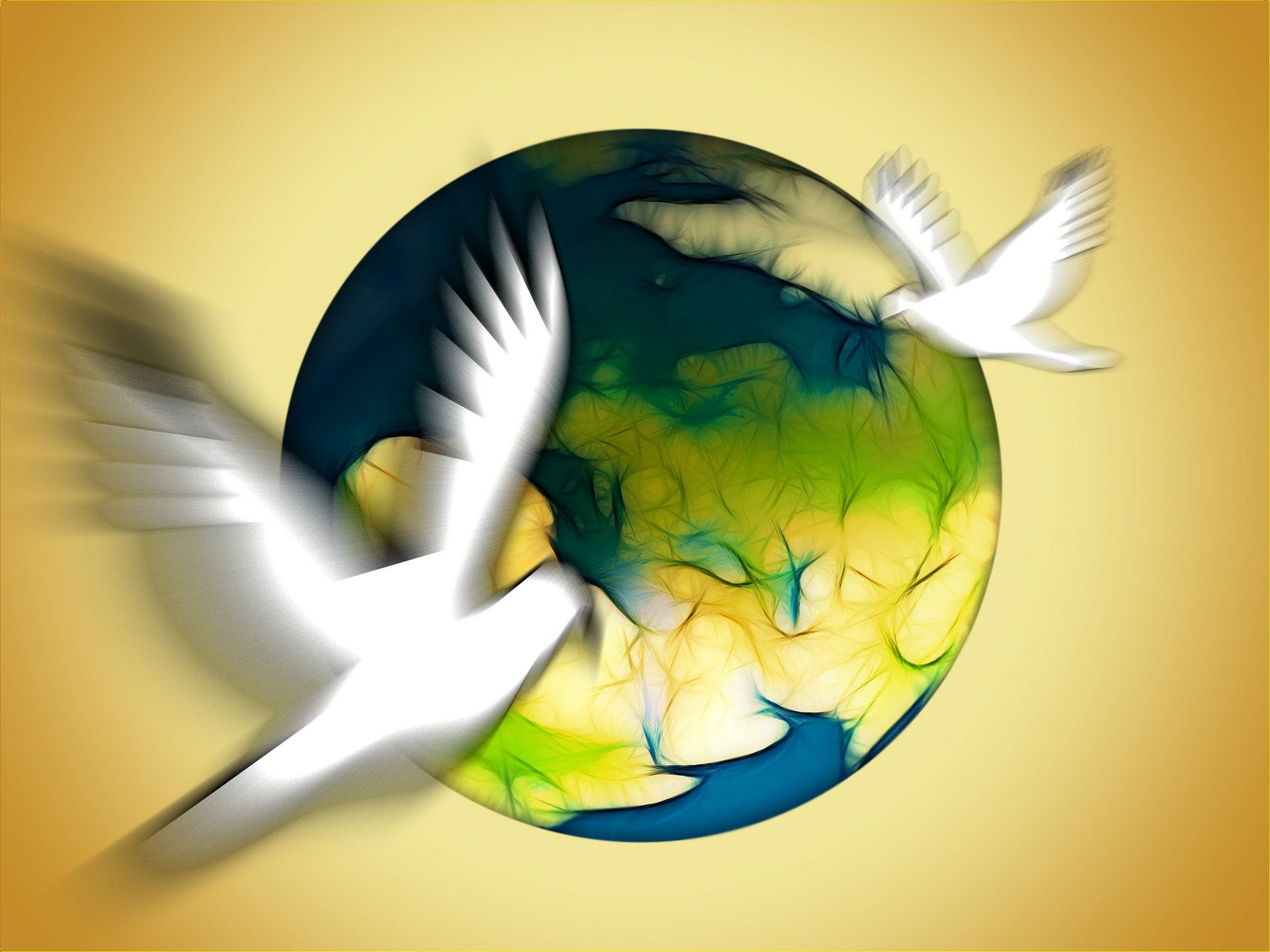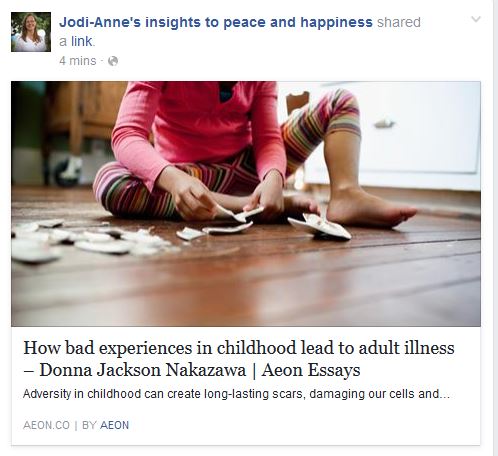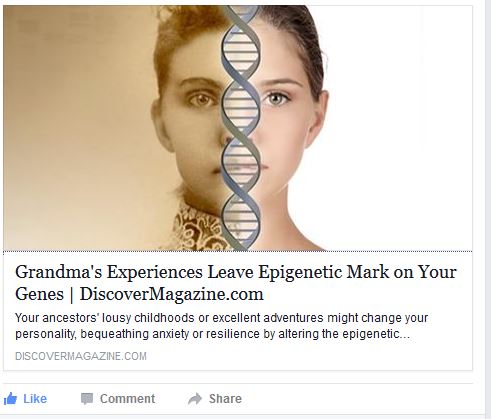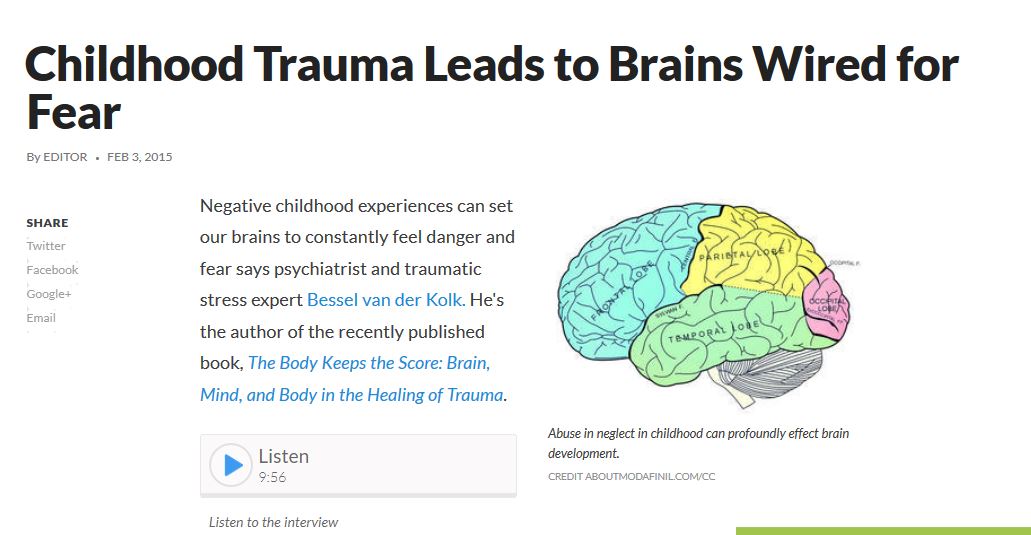

Anyone can pray. If you don’t feel comfortable asking Jesus, ask Mother Mary, God, The Universe, Mother Nature. It matters not who you ask, but that you do ask. Ask and you shall receive. Listen quietly within to hear the answer, to feel the support and gain the insight and clarity you need.
Many people when they hit rock bottom do so because they feel alone, lost, abandoned, disappointed with life, they feel it is meaningless, that there is no point going on. You can help someone in such a state by loving and accepting them, by doing fun things together, even if it is just watching cartoons, sitting in nature, massaging their feet, eating cake, having a laugh. You want to lighten their spirits in whatever way will work.
Just telling them how much you care and would miss them helps, but it also creates a pressure, a feeling of guilt for the person and this isn’t helpful. They are already burdened enough without adding more for them to feel bad about.
It is more effective to say “I love you and I see you are struggling to stay here on Earth. I respect your right to choose to leave or stay. I hope you choose to stay because I do love you, value you and want you in my life. However, if you feel you must go I will accept your choice. It will be hard, but I will honour you and your life and remember you fondly. I will make something good out fo it, even if you can’t at this stage. Know you have had a beneficial impact on me, you have helped me in so many ways, just by being my friend/family member. We have shared so much and I thank you for that. I hope we get to continue sharing life together, but if not I respect your choice and I will look upon you fondly and hold you in my heart. You are very special to me and always will be, no matter what you choose”.
This makes it clear that they are loved, wanted, cherished and respected. That is what the person is longing for to feel connected, valued, heard. They don’t want to be lectured at, rescued or made to feel guilty. They don’t want to be called selfish or broken / damaged / worthless, they are already feeling that.
By respecting their choice you are giving them permission to make a change in their life. They may have been feeling weighted down by life and now you are helping them to see they have choices, more choices than they realised.
Don’t ask too much of them. Let them be, send love regularly and hold them in your heart. Pray to the angels to take care of them and let go of trying to figure it out / control it. You can’t. You simply can’t. If the person chooses to die – it is their choice, not yours. If it is their destined time to go, you can’t stop it. If it isn’t they will stay regardless of what you do.
Remember to honour yourself and your family throughout all of this. Be there for them too. It is a big ask for all involved, as everyone’s emotions and hurts will be triggered. It leads to lots of growth in all who are affected, if they truly allow themselves to feel their pain and listen to their hearts.
Life is not easy. We all go through our ups and downs. Know that suicide is just another way to die. It is not a particularly bad sin or problem. The person will still be welcomed and loved by God. They will find peace and healing on the other side and they will get to return to Earth and try again. They will reexperience a similar situation, so they can play out an alternative outcome. This can occur many times, until the person finds a way to cope, survive and thrive. It is part of their soul’s evolution and expansion.
So do not judge another who suffers. Don’t fear they will go to Hell and be punished. Don’t sacrifice yourself and your needs trying to rescue them. They need to feel empowered, not weak. They need to know they have choices, rights, etc, so that they can have a sense of power. Find what brings them joy, what they love and do that – be it a hobby, gardening, travel, etc. Find ways to help lift their moods and bring joy into their life. These are the best things you can do.
And know that if you lose patience, if you get frustrated and angry, if you explode at them about it all, that’s okay too. Just apologise afterwards and explain how hard it is for you to watch them in pain and how you wish you could take it away. Tell them how much you worry and that you know it doesn’t help, but it’s hard not to do. Show kindness to yourself and them. It helps more than you know. Blesed BE. Amen.
By Jodi-Anne M Smith (22 November 2017).
Further free guidance on healing techniques and self love are available on the Life Insights and Healing from child abuse pages of this website.
If you find this information useful consider donating to support the sharing of more useful information, even $5 is a great help.




